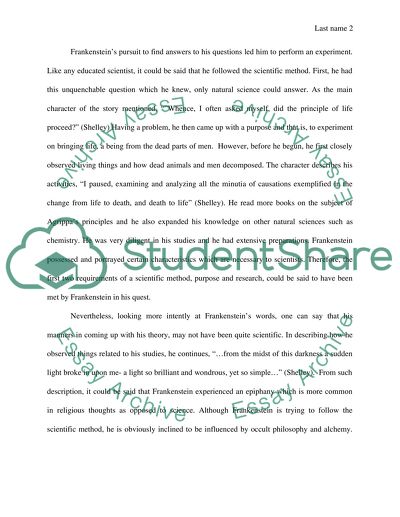Cite this document
(“Frankinstein Book Essay Example | Topics and Well Written Essays - 1000 words”, n.d.)
Frankinstein Book Essay Example | Topics and Well Written Essays - 1000 words. Retrieved from https://studentshare.org/miscellaneous/1623162-frankinstein-book
Frankinstein Book Essay Example | Topics and Well Written Essays - 1000 words. Retrieved from https://studentshare.org/miscellaneous/1623162-frankinstein-book
(Frankinstein Book Essay Example | Topics and Well Written Essays - 1000 Words)
Frankinstein Book Essay Example | Topics and Well Written Essays - 1000 Words. https://studentshare.org/miscellaneous/1623162-frankinstein-book.
Frankinstein Book Essay Example | Topics and Well Written Essays - 1000 Words. https://studentshare.org/miscellaneous/1623162-frankinstein-book.
“Frankinstein Book Essay Example | Topics and Well Written Essays - 1000 Words”, n.d. https://studentshare.org/miscellaneous/1623162-frankinstein-book.


